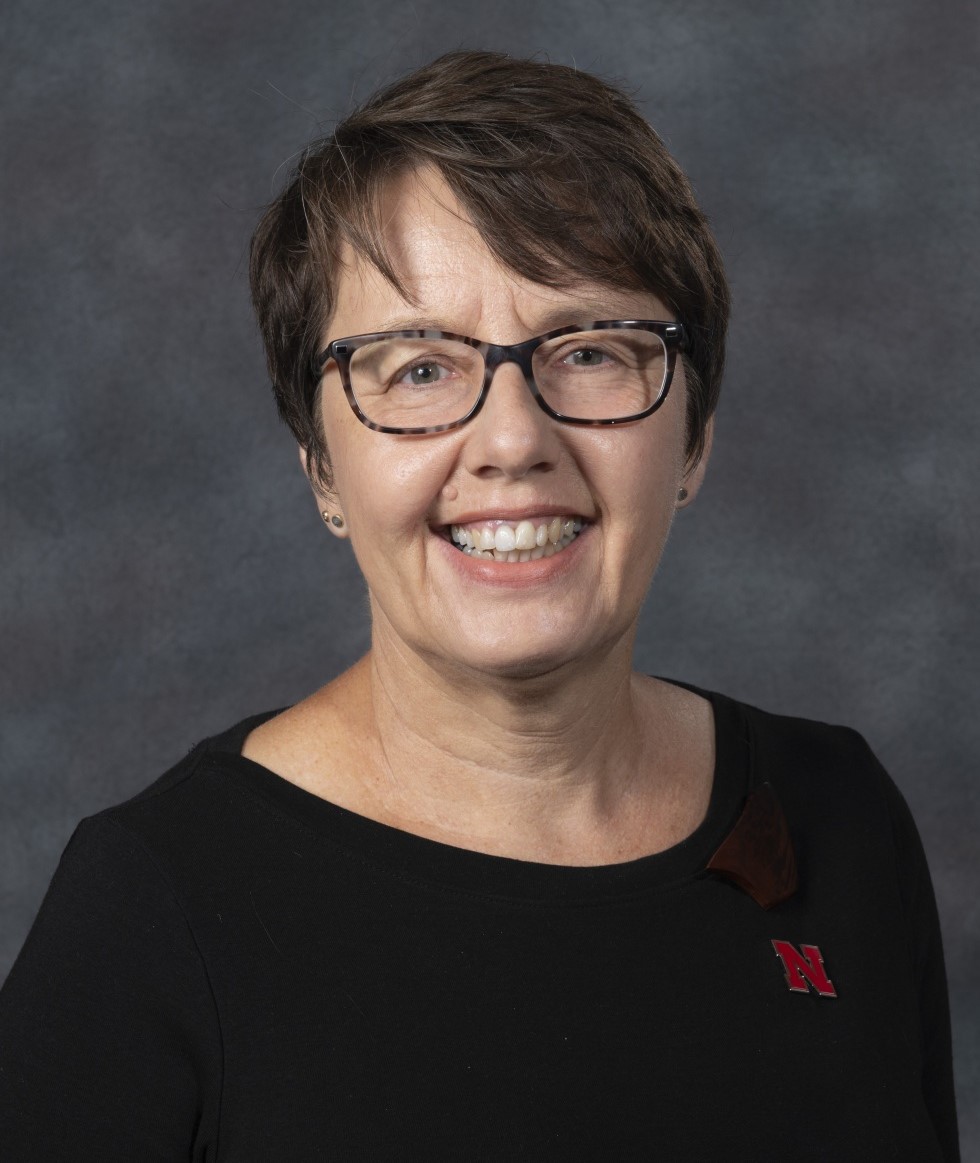Sabine Zempleni Assistant Professor of Practice
M.S., Department of Nutrition Science, University of Giessen, Germany 1988
Sabine's areas of instruction emphasize nutrition communication and healthy living.
Courses
NUTR 100 Healthy Living
You will start this course by studying what a healthy lifestyle incorporates and evaluate your own health behaviors. From there you will go on to learn about stress relief, nutrients, foods and healthy eating, physical activity and exercising, and how a healthy lifestyle can prevent chronic diseases.
You will not only study this information, but you will evaluate your own eating, physical activity, and exercise behavior. You will learn how to set step-by-step SMART goals, track your progress, and journal about your healthy lifestyle journey. At the end of the semester, you will be well equipped to continue a life-long healthy lifestyle.
NUTR 251 Nutrition Through the Life Cycle
Eating is not a one-size fits all approach. Personal preferences, culture, income, food availability, food knowledge, age and many other factors influence the food and eating choices we make. While humans can thrive on a variety of eating patterns not all are ideal. Some are detrimental to our health.
In NUTR 250 Human Nutrition and Metabolism you learned the corner posts of nutrition sciences. You discussed all nutrients and their food sources, recommended amounts and their metabolism. Nutrition Through the Lifecycle will build on this knowledge and expand it.
During this course you will study how human physiology and metabolism change throughout life and how eating should adjust to it. You will also understand how malnutrition during all life stages profoundly impacts quantity and quality of life. This will allow you to understand professional recommendations and health policy for major life stages, but also will allow you to make better, individualized recommendations as a future health professional.
- Pre-requisite: NUTR 250 Human Nutrition and Metabolism
- ZTC (zero textbook cost)
- This course uses an open educational resource designed and written in collaboration with undergraduate students: Nutrition Through the Life Cycle - https://pressbooks.nebraska.edu/nutr251.
NUTR 302 Health Information: Science, Media, and the Consumer
Have you ever wondered if the latest Tik Tok health claim is factual? Based on scientific evidence? Are you confused by the ever-changing nutrition and exercise recommendations you see on social media?
During the first part of this course you will learn how to research and evaluate content creator credentials and evaluate the scientific evidence behind health claims you see in the media. You will conclude by joining a group of students and research the evidence behind health claims made by a media, social media account or documentary of your choice and communicate your findings to the other students in the course.
Then you will expand on these knowledge and skills. You will study how health information makes its way from scientific studies to the media. During the second project you will work on skills that allow you to communicate scientific findings as a health care provider to your future clients.
- ACE2 course
- ZTC (zero textbook cost)
NUTR 893 Oral Science Communication Strategies
Effective presentations have in common that they are meaningful to the audience, easy to follow, and have a clear and memorable message.
During this course you will research and develop an evidence-based, audience-centered scientific presentation. You will learn and apply communication strategies that enhance presentation clarity and lead to memorable take-home messages. The final product of your learning is a scientific 20-minute presentation followed by a 10-minute Q&A.
During the learning process you will give 5-minute presentations, revise a first presentation attempt based on peer and instructor feedback, constructively critique presentations, and discuss the effectiveness of communication strategies. You will identify your strengths and weaknesses as a presenter and ultimately become a better presenter.
- ZTC (zero textbook cost)
Areas of Expertise
- Science Communication
- Nutrition and Metabolism
- Healthy Living
- Student-Centered Learning
- Conceptual Learning
- Soft Skill Development
- Data Driven Course Development
- Open Educational Resource Development (OER)
